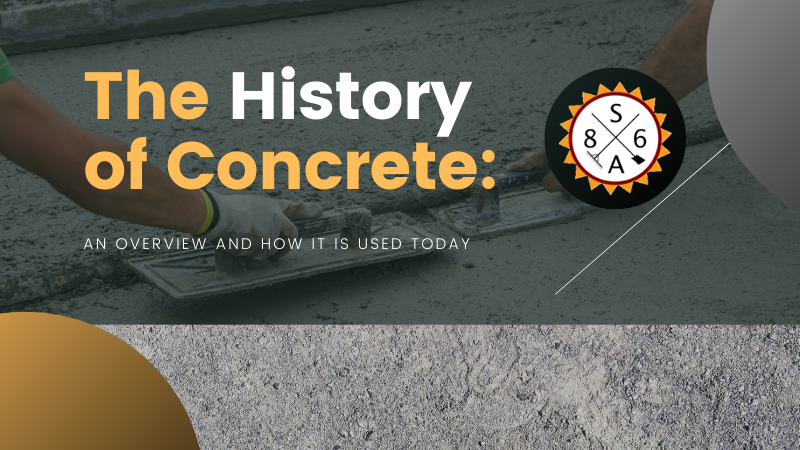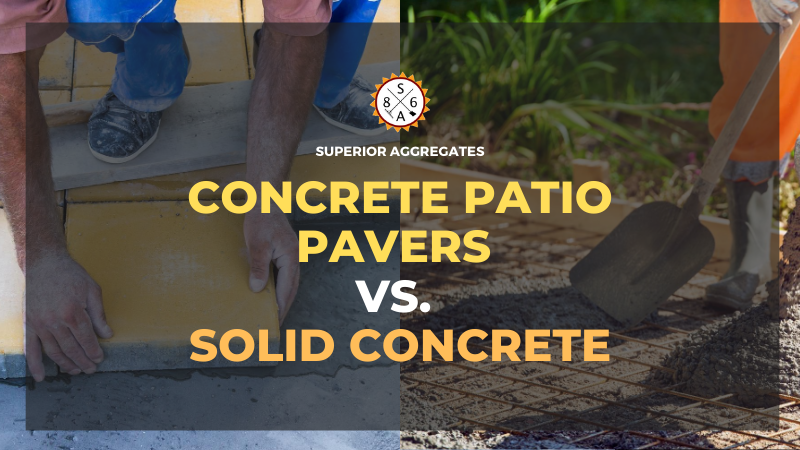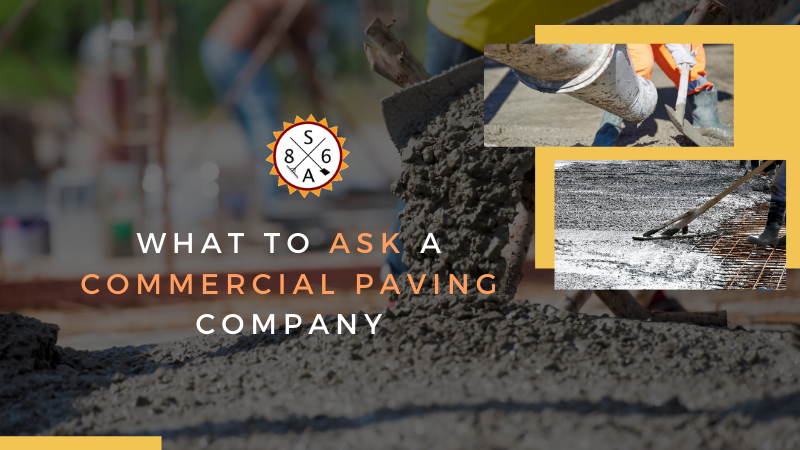
Effects of the Colorado Cold on Asphalt
With the temperature starting to drop outside, there are a lot of people in Colorado who are wondering how this is going to affect their pavement. Cold weather and freezing precipitation can damage asphalt without proper preparation. Therefore, by understanding how cold weather can impact asphalt, you can prevent damage from happening. Take a look at some of the helpful information that we have put together below!
Freezing Temperatures Cause the Asphalt To Contract
First, the freezing temperatures are going to cause the asphalt to contract. This means that the molecular structure of asphalt is going to become tighter. As asphalt contracts, cracks may start to form on the surface. If cracks form, this is going to shorten the life expectancy of asphalt. Because it is so cold outside, it is possible that repair processes will be less effective. Therefore, it is a good idea to do everything possible to ensure the integrity of the surface before the temperature starts to drop.
The Impact of Rock Salt
Anyone who has lived in the Colorado area has probably seen rock salt all over the roads. It is possible that rock salt might also damage asphalt. Rock salt is made out of sodium chloride. Sodium chloride can accelerate asphalt deterioration as precipitation freezes and thaws throughout the winter. As a result, this could shorten the lifespan of concrete and asphalt paving materials as well.
Winter Weather Can Impact Asphalt
During the winter, hail, snow, and freezing rain are all common in Colorado. All of this has the potential to damage asphalt. As ice, sleet, and range strikes the surface, it often freezes overnight. When it freezes, it impacts the molecular structure of asphalt, leading to damage. Then, even though it thaws during the day, it may refreeze during the next night, creating more damage. The good news is that there are specialized types of asphalt, such as porous asphalt, that can withstand this type of precipitation.
The Impact on the Paving Process
Cold weather is also going to impact the paving process. Paving during winter months is a bigger challenge than during the warmer months; however, it is not impossible. During the winter, asphalt tends to dry much faster than it does during warmer months. Wind speed, air temperature, and surface temperature all play a role in how quickly asphalt dries Therefore, it is important for asphalt pavers to use specialized tools that are able to get the asphalt in the proper position quickly before it dries.
Preventing Asphalt Damage During the Winter
Finally, it is also important to address asphalt damaged during the winter. Proper maintenance of all asphalt surfaces is critical. By sealing asphalt properly, this will create a surface layer that will provide consistent protection from winter weather and cold temperatures. By limiting the damage of precipitation during the winter, it will extend the lifespan of asphalt by preventing holes and cracks from forming.
Rely on the Help of Trained Professionals from Colorado Asphalt Companies
These are just a few of the most important points that everyone should keep in mind if they are looking for Colorado asphalt companies. We are here to make sure that you get the most use possible out of your asphalt. Give us a call today to learn more about the impacts of winter weather on asphalt!
With the temperature starting to drop outside, there are a lot of people in Colorado who are wondering how this is going to affect their pavement. Cold weather and freezing precipitation can damage asphalt without proper preparation. Therefore, by understanding how cold weather can impact asphalt, you can prevent damage from happening. Take a look at some of the helpful information that we have put together below!
Freezing Temperatures Cause the Asphalt To Contract
First, the freezing temperatures are going to cause the asphalt to contract. This means that the molecular structure of asphalt is going to become tighter. As asphalt contracts, cracks may start to form on the surface. If cracks form, this is going to shorten the life expectancy of asphalt. Because it is so cold outside, it is possible that repair processes will be less effective. Therefore, it is a good idea to do everything possible to ensure the integrity of the surface before the temperature starts to drop.
The Impact of Rock Salt
Anyone who has lived in the Colorado area has probably seen rock salt all over the roads. It is possible that rock salt might also damage asphalt. Rock salt is made out of sodium chloride. Sodium chloride can accelerate asphalt deterioration as precipitation freezes and thaws throughout the winter. As a result, this could shorten the lifespan of concrete and asphalt paving materials as well.
Winter Weather Can Impact Asphalt
During the winter, hail, snow, and freezing rain are all common in Colorado. All of this has the potential to damage asphalt. As ice, sleet, and range strikes the surface, it often freezes overnight. When it freezes, it impacts the molecular structure of asphalt, leading to damage. Then, even though it thaws during the day, it may refreeze during the next night, creating more damage. The good news is that there are specialized types of asphalt, such as porous asphalt, that can withstand this type of precipitation.
The Impact on the Paving Process
Cold weather is also going to impact the paving process. Paving during winter months is a bigger challenge than during the warmer months; however, it is not impossible. During the winter, asphalt tends to dry much faster than it does during warmer months. Wind speed, air temperature, and surface temperature all play a role in how quickly asphalt dries Therefore, it is important for asphalt pavers to use specialized tools that are able to get the asphalt in the proper position quickly before it dries.
Preventing Asphalt Damage During the Winter
Finally, it is also important to address asphalt damaged during the winter. Proper maintenance of all asphalt surfaces is critical. By sealing asphalt properly, this will create a surface layer that will provide consistent protection from winter weather and cold temperatures. By limiting the damage of precipitation during the winter, it will extend the lifespan of asphalt by preventing holes and cracks from forming.
Rely on the Help of Trained Professionals from Colorado Asphalt Companies
These are just a few of the most important points that everyone should keep in mind if they are looking for Colorado asphalt companies. We are here to make sure that you get the most use possible out of your asphalt. Give us a call today to learn more about the impacts of winter weather on asphalt!




